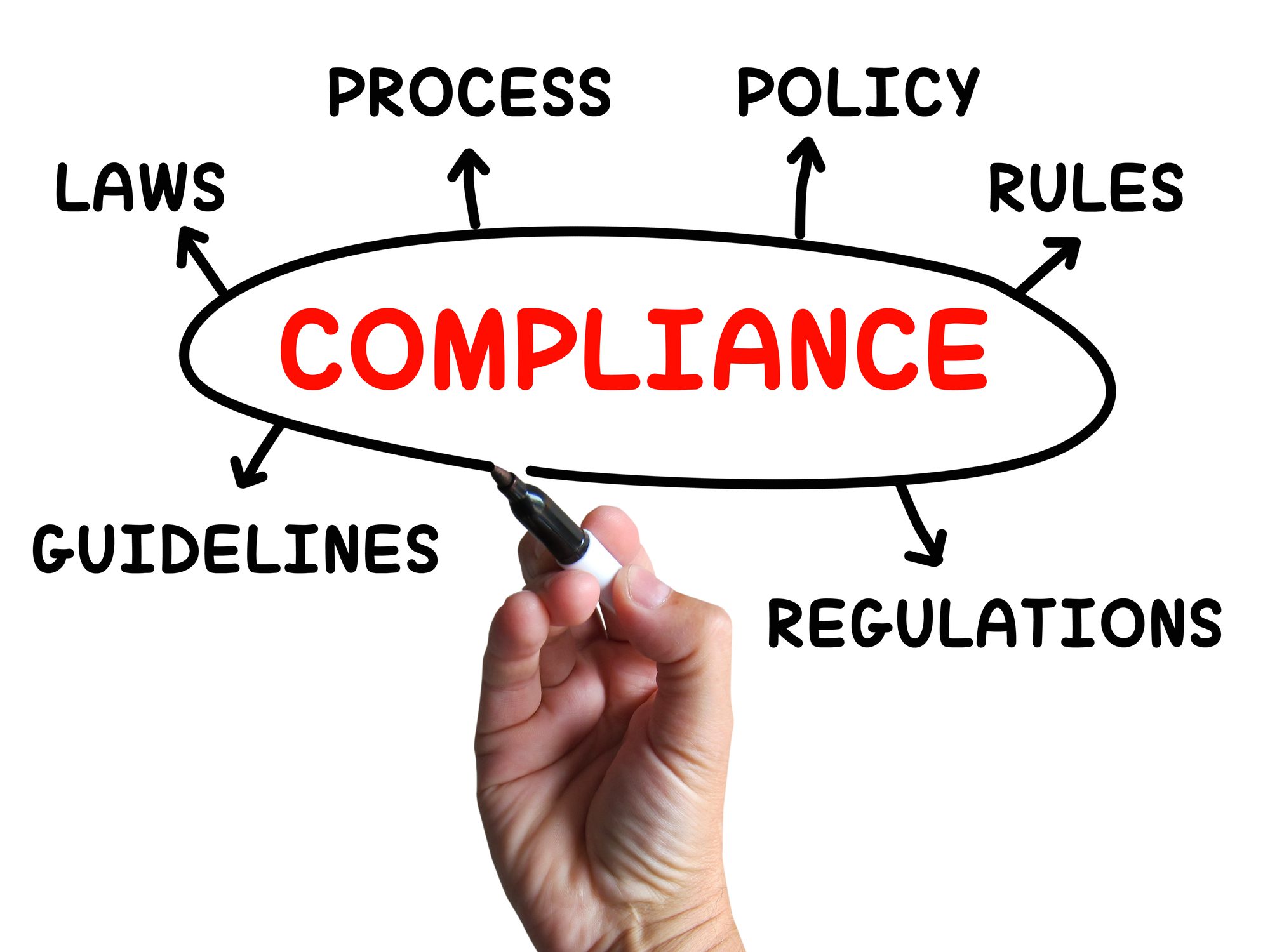A compliance burden is an administrative cost that companies incur to adhere to the regulations of the industry. It refers to the salaries, reporting costs, and the systems used by the compliance department.
A stakeholder can be an individual or a group that has an interest in the organization. If you are an investor, the business outcome of the company can affect you.
The relationship between stakeholders and compliance is challenging. Compliance can act as a barrier to the continuity of the business, but non-compliance can also affect the key stakeholders of the organization.
The Effect of Compliance on Stakeholders
For years, business systems were strategically structured to shield the officers from any threats of legal burdens.
These systems are policies and guidelines that restrict regulatory penalties on the company and have minimal implications. The structures protect your officers that are ensuring the company fulfills its legal obligations.
As a stakeholder, you must understand the importance of compliance and how it can affect your business. Non-compliance has significant consequences. If regulators or the court impose sanctions on your business for non-compliance, it not only affects the value of your business but your prospective future investors.
How to Alleviate the Compliance Burden
Compliance is put in place by local, national, or international regulating bodies as strict procedures to prevent fraud, terrorism, and loss of data privacy. Although it can be costly, neglecting it can affect business performance.
- Understanding the Why
Compliance regulators do not create procedures without strategy, purpose, and values. It is created not only to meet the legislative standards but the overall goals and values of the company.
It is essential that in times of success or duress, stakeholders, employees, and customers can witness how the business can operate.
- Building Trust
Building trust with employees, customers, and stakeholders is crucial. As part of the organization, you want to know that the leaders of your company are reliable in making decisions and can identify efficient strategies.
If you want to be known as a trustworthy organization, abiding by compliance regulation is the key. As the rising trend of stricter measures is imposed, high-ranking officers must have a major attitude change toward compliance.
- Being Ready
It is a good strategy for any organization to be proactive at all times. While it takes years to build trust, it can be lost in a few seconds.
If your organization fails because of non-compliance, it is due to a lack of readiness. Keeping track of the regulations is a good preventive strategy to decrease compliance pressures.
Partnering with The ACE Group for Your Automotive Compliance
Following compliance protocol is a harsh reality nowadays. It is a crucial factor that you cannot afford to overlook. By partnering with The ACE Group, we assure you that we can provide compliance systems for your automotive dealership the right way.
For more details about automotive compliance, schedule an appointment today.

